Although suicide prevention is an important topic to acknowledge throughout the year, September is National Suicide Prevention Month, which offers a dedicated time to collectively address this often-stigmatized topic. Throughout the month, mental health professionals, advocates, and survivors come together to bring awareness and share resources to promote suicide prevention.
Within this month, there is a dedicated Suicide Prevention Week, Sunday, September 6th through Saturday, September 12th, which surrounds World Suicide Prevention Day on Thursday, September 10th. World Suicide Prevention Day is a time to remember those who have been affected by suicide and to promote access to care.
In promoting mental health care accessibility, it’s important for friends and families to have access to resources to support discussions of suicide prevention and to help connect individuals with suicidal ideation to appropriate treatment services.
National Alliance of Mental Illness – NAMI
The National Alliance of Mental Illness (NAMI) offers informational resources pertaining to suicidal risk factors, warning signs, and advice on how to support a loved one in crisis. Talking with a loved one about their suicidal thoughts can be overwhelming and frightening. NAMI offers guided support encouraging open and compassionate listening, and engaging in honest conversation about mental health and suicide. Although not exhaustive, below is a list of suicidal risk factors and warning signs.
Risk factors for suicide can include:
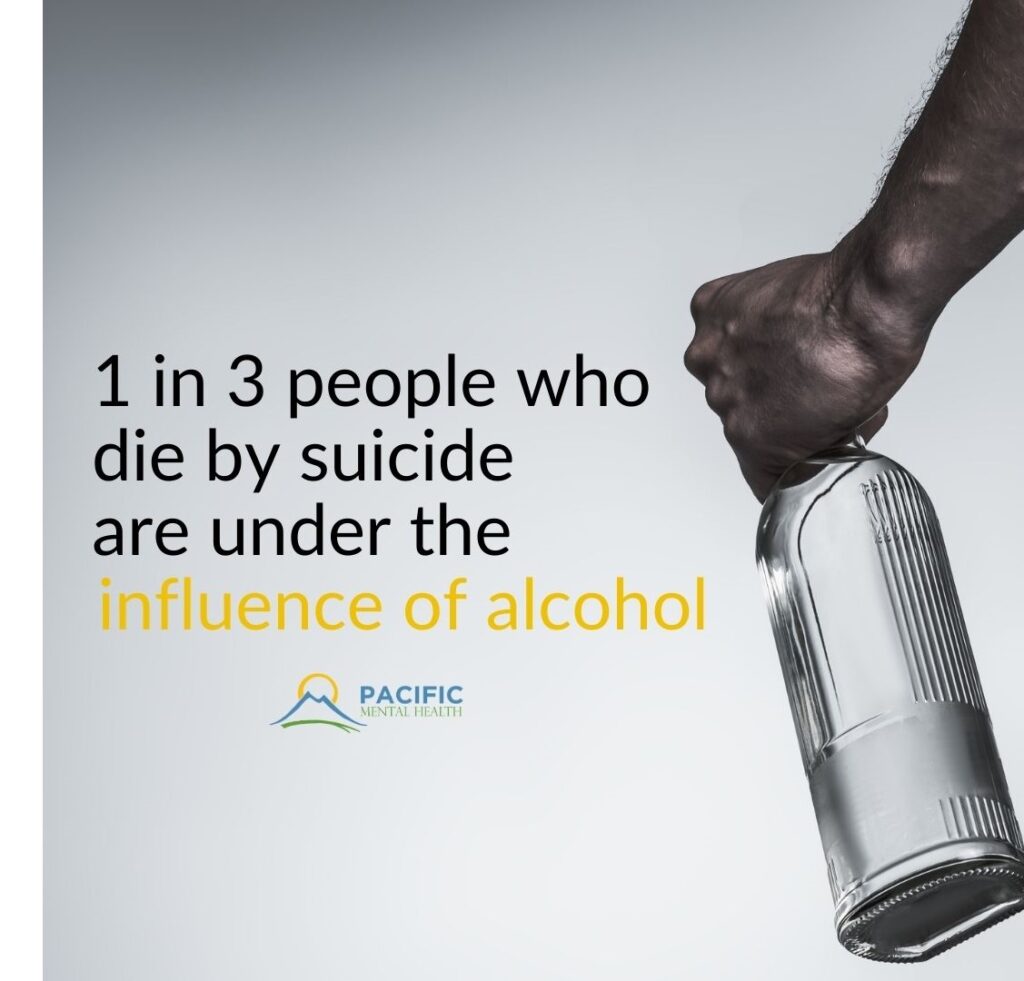
- Family history of suicide
- Access to firearms
- Substance use
- Intoxication. 1 in 3 people who die by suicide are under the influence of alcohol (NAMI, 2020).
- Chronic stress
- Gender: although women are more likely to attempt suicide, men are 4 times more likely to die by suicide (NAMI, 2020).
Suicidal warning signs include but are not limited to:
- Noticeable mood change
- Withdrawal from friends and family
- Increased use of alcohol or other drugs
- Giving away possessions
- Saying goodbye to loved ones
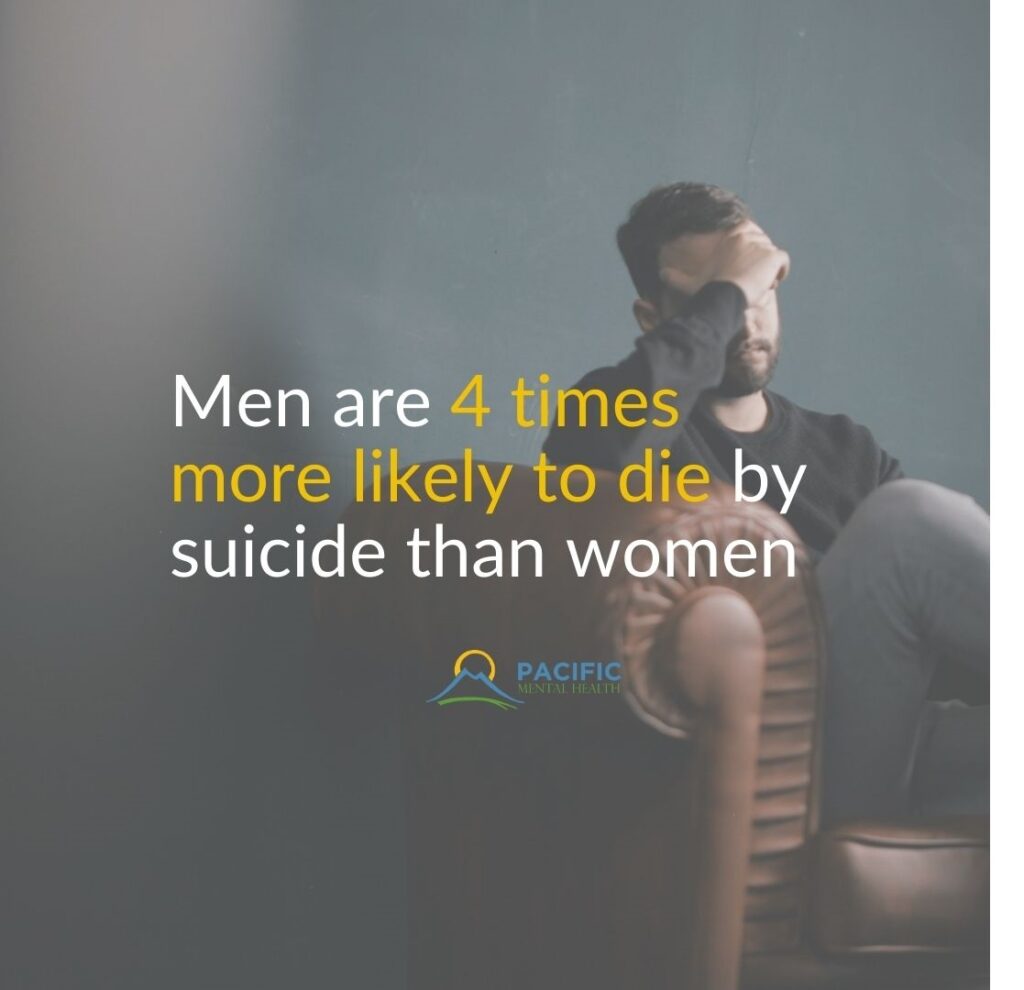
If you or a loved one exhibits any of these suicidal behaviors, seek immediate help from a mental health care provider. For a complete list of both risk factors and warning signs, visit NAMI’s website.
Asking about suicidal thoughts
Additionally, studies have shown that asking someone if they are having suicidal thoughts can decrease, rather than increase, suicidal ideation (Substance Abuse and Mental Health Services Administration [SAMHSA], 2019). When someone you know is experiencing emotional pain, it is important to ask the difficult question, “Are you thinking of killing yourself?” Offering this invitation for honest, open, and caring conversation can often provide relief for the individual in crisis. Should a mental health crisis arise, NAMI has also provided helpful tools for navigating crisis through potentially life-saving information. You can download their guide in both English and Spanish via their website.
Suicide prevention year round
It’s important to address suicide prevention yearlong through accessibility of information and promotion of treatment services. If you are experiencing suicidal thoughts, you are not alone. There is always hope. As NAMI (2020) states, “suicidal thoughts are a symptom, just like any other-they can be treated, and they can improve over time.”
If you or someone you know is at risk of harm, call the National Suicide Prevention Lifeline at 800-273-TALK (8255). For nonverbal communication, you can also text NAMI to 741741 to text with a trained crisis counselor via NAMI’s Crisis Text Line.
People experiencing mental illness, as well as the loved ones who care for them, need information and avenues of support. For additional resources pertaining to suicide, visit the Centers for Disease Control and Prevention (CDC) website here.
References:
- Center for Disease Control and Prevention. (2019, September 3). Suicide Prevention. https://www.cdc.gov/suicide/resources/prevention.html
- National Alliance of Mental Illness. (2019, August). Risk of Suicide. https://www.nami.org/About-Mental-Illness/Common-with-Mental-Illness/Risk-of-Suicide
- National Alliance of Mental Illness. (2019, August). Navigating a Mental Health Crisis. https://www.nami.org/Support-Education/Publications-Reports/Guides/Navigating-a-Mental-Health-Crisis
- Substance Abuse and Mental Health Services Administration. (2019). Key substance use and mental health indicators in the United States. https://www.samhsa.gov/data/
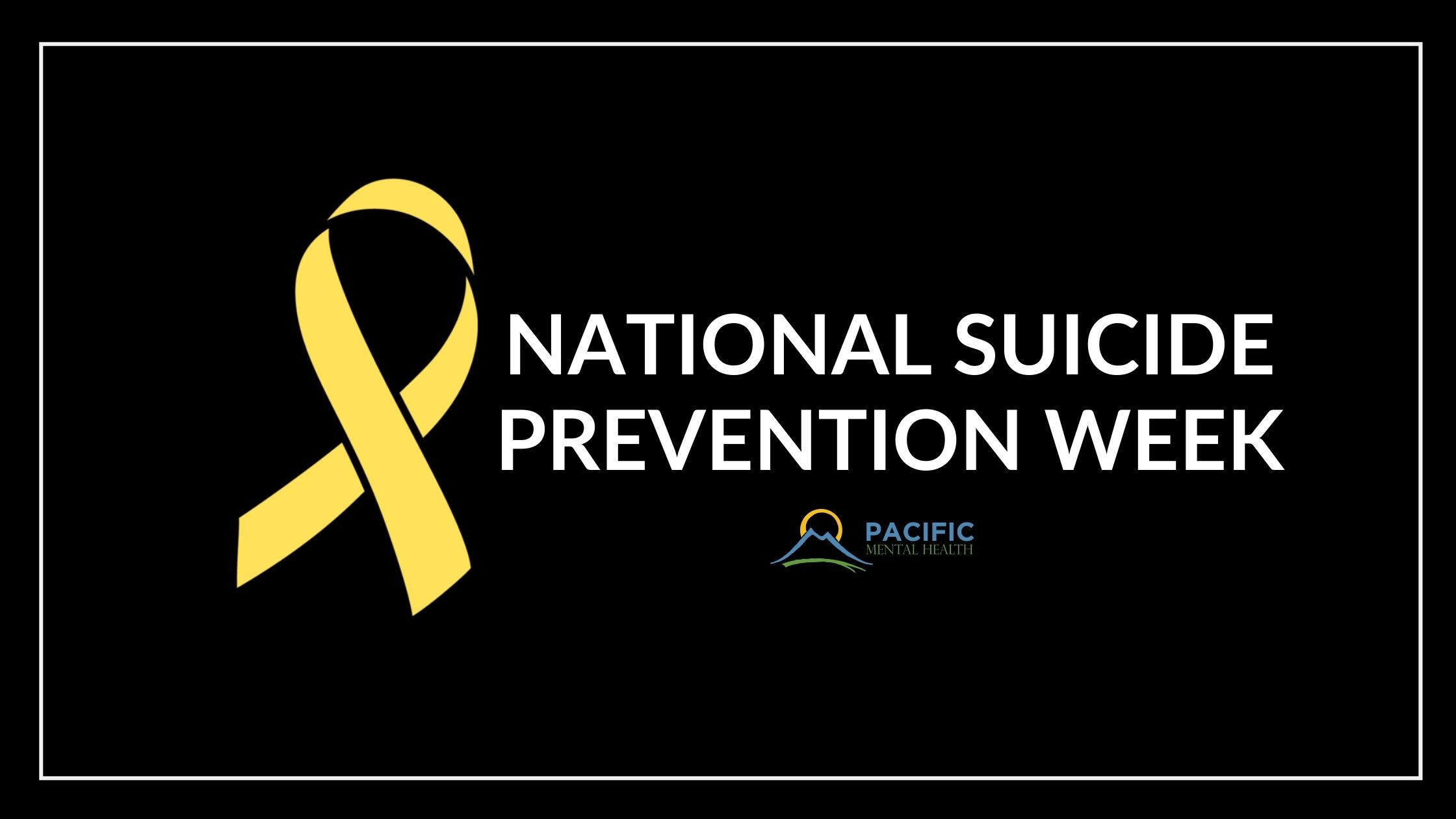
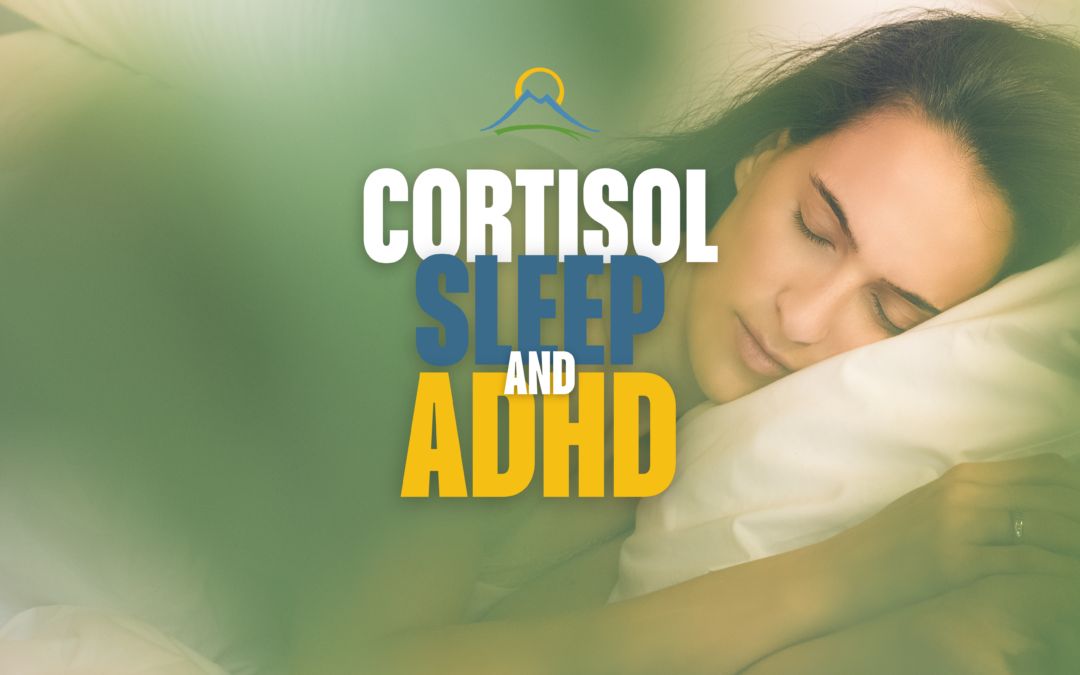
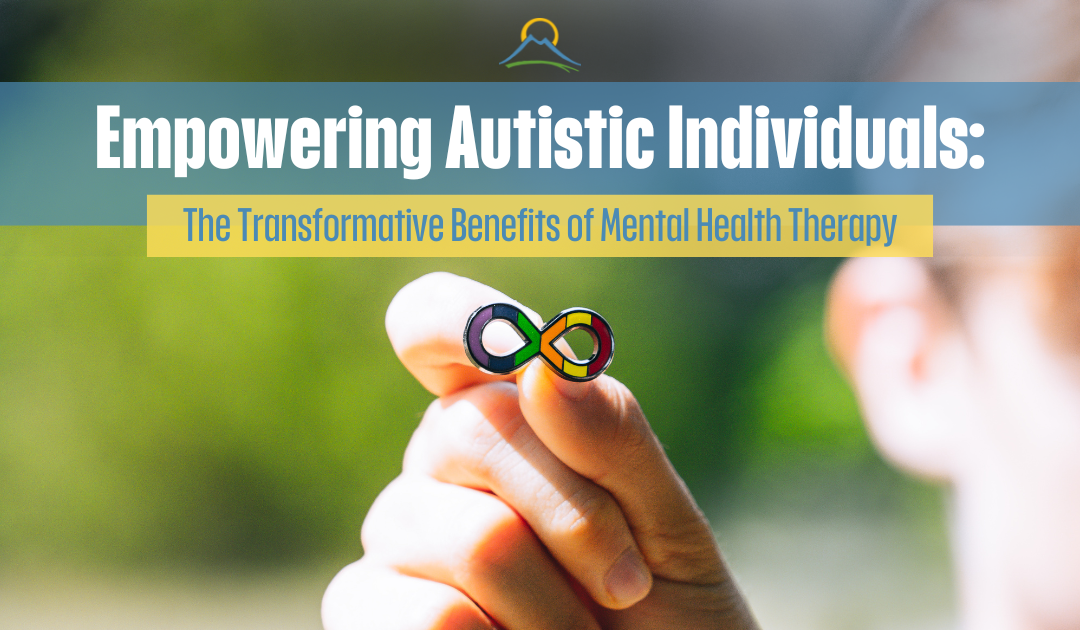


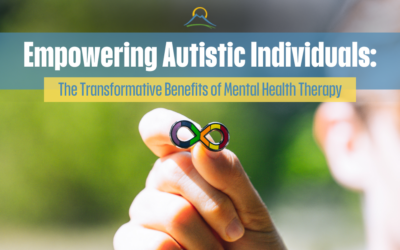

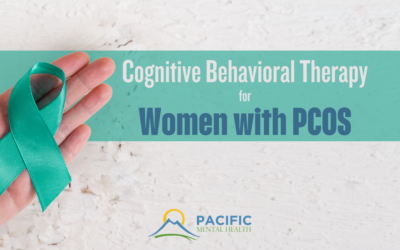
0 Comments